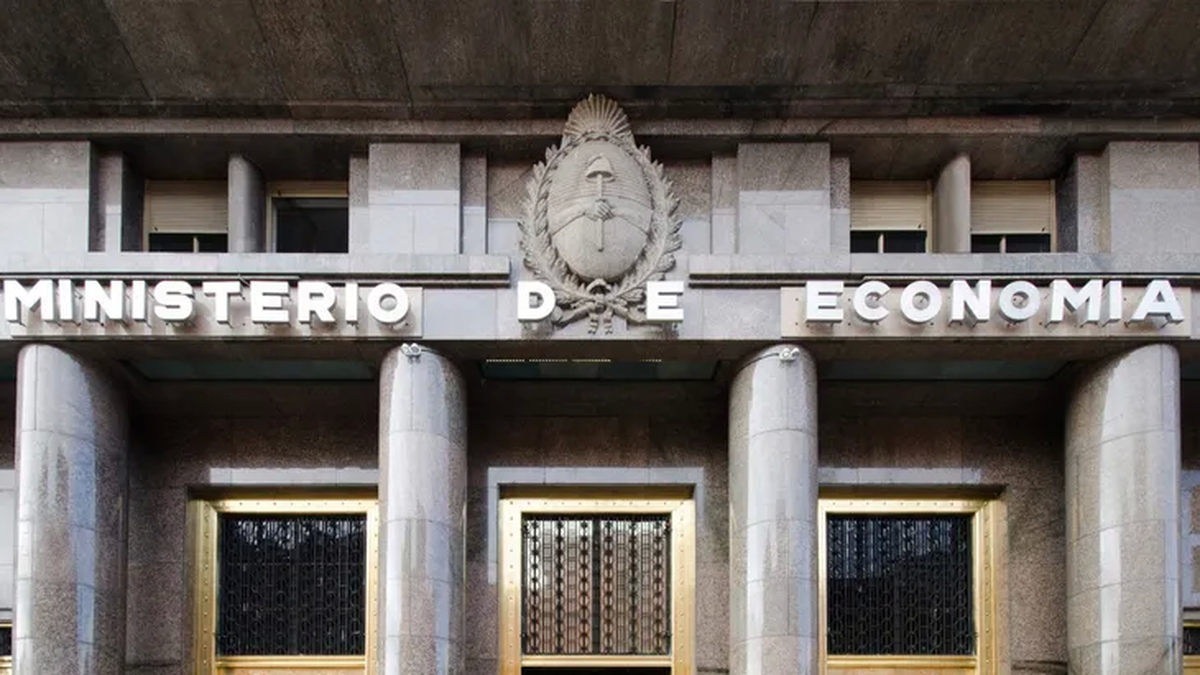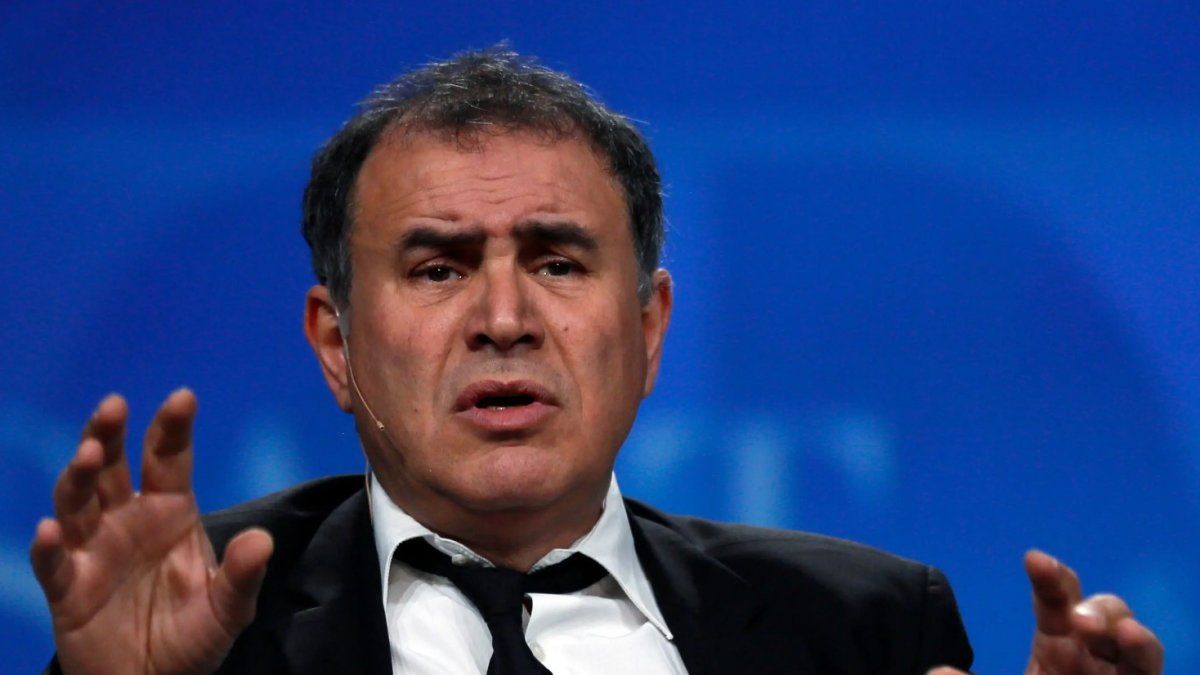About, Eugenio Mari, Chief Economist of the Fundación Libertad y Progreso pointed out that “The Government is playing cards that one would expect it to play later” since, as he indicated, “the most complicated moment of the year is the second semester.” For this reason, Marí told Ambito that “compliance with the third and fourth quarters of the year becomes more doubtful”. The liberal economist warned that “the market began to roll over debt less” with which, he pointed out that “the peso market could be closed” for the Government. In recent weeks, investors have begun to show signs of mistrust about the debt, and currently the trend is to finance the Government but not beyond the second half of 2023, when the electoral campaign is already underway. That aspect of the current economy “is serious,” Marí said. So he suggested that one might need a “recalibration of goals or a waiver”.
On your side, Nicolás Zeolla, Chief Economist of the Research Foundation for Economic Development (FIDE), also stated that the expectation of using the sale of DEGS to pay advances from BCRA del Tesoro “it was for later in the year”although he considered that the Government will have no problem meeting the objectives of the agreement. “The explanation for this is that the fiscal deficit is higher than expected, since the scenarios that were taken at the time of closing the agreement are not the same.” he explained it. For this reason, the developmentalist economist considered that the fiscal goal of understanding “is the most compromised.” Regarding the reserve accumulation goal for the second quarter, which should be US$4.1 billion of net purchase, he considered that “the shortfall would be about US$1.1 billion.” Zeolla estimates that the Government will have to receive a disbursement of SDRs corresponding to the approval of the first quarter plus some US$600 million from agencies and another US$300 million from purchases. Beyond that, he argues that “the peak of field dollar liquidations has not passed yet”. For this reason, he pointed out that “there is a risk of breaching” that point of the agreement. The FIDE economist considered that “the government would have to seek greater flexibility”, in the goals and stated that it will be important to analyze the text of the approval of the goals for the first quarter, because from there what could be understood as the state of mind of the organization with the country can be deduced.
For its part, Santiago Manoukian, economist at Ecolatina, He pointed out that the strategy of using DEGS to comply with the monetary guideline of the agreement was foreseen in the understanding signed on March 25. “The fact that this source of financing was used in the first semester instead of the second indicates that the fiscal trajectory is more difficult”, he explained. Manoukian pointed out that in the face of the growing fiscal deficit it will be necessary to monitor the debt auctions carried out by the Treasury, since, according to him, “expenditure has been growing well above income.” However, he stated that “surely the monetary issue of 2022 is going to be above 1% of the GDP” that the agreement foresees.
Source: Ambito
David William is a talented author who has made a name for himself in the world of writing. He is a professional author who writes on a wide range of topics, from general interest to opinion news. David is currently working as a writer at 24 hours worlds where he brings his unique perspective and in-depth research to his articles, making them both informative and engaging.




